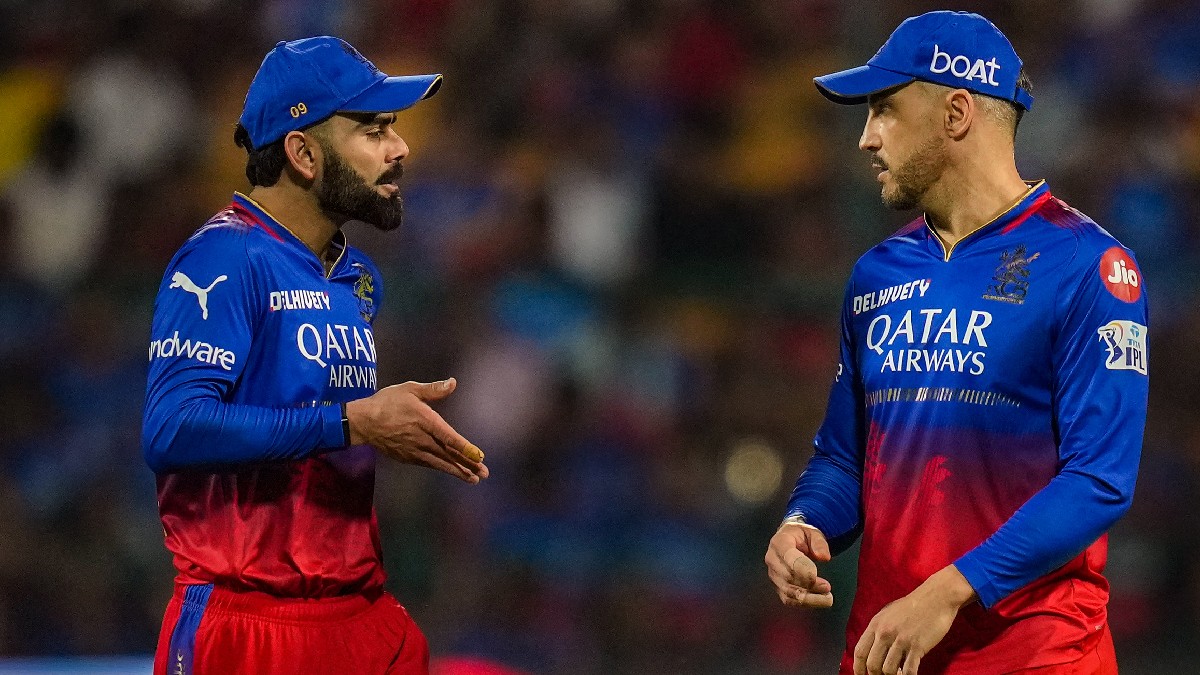
Recollections of a Communicator; Media will always be wary of the dragon(Article)
New Delhi, Sept 21 (ANI): During the weekend, the media organizations in the country was ticked off for having overplayed the Chinese 'incursions' in Ladakh. The National Security Advisor, Foreign Secretary and the Chief of Army Staff, said there was no justification for the reports published in the newspapers, and projected in the audio-visual media.
The Foreign Secretary, Nirupama Rao, said in her briefings that there was no 'significant increase' in the number of Chinese incursions in all sections of the Line of Actual Control. The National Security Advisor, M. K. Narayanan, expressed concern over the 'media hype' and said if such coverage continued 'someone somewhere might lose his cool and something might go wrong'.
It is time those who are occupying positions of authority to learn to follow the existing rules in communicating the situation along the border, rather than going to the 'media' whenever they see a camera in front of them.
In India, we have one of the most tried communication system. Communications to the Press is the task entrusted to the Press Information Bureau. We have a Principal Information Officer, now known as the Director General of Media and Communications, to release information and interact with the media.
In case of events having an impact on relations with foreign countries, the news is given by the foreign office spokesperson. The Press Information Bureau and the External Publicity Division are on the same floor in Shastri Bhavan in the Capital and they are in regular touch with the Media Advisor to the Prime Minister.
Every day, the Director of Public Relations of the Ministry of Defence, who is an officer of the Press Information Bureau, is required to give information to the media in Delhi on developments in the field of defence.
He has regional and branch offices, which are in touch with the various formations.
While important information is released centrally, when incidents occur on the border, rules lay down which authority could give information without delay to ensure that the adversary will not have an advantage in the information warfare.
The Chiefs of the armed forces are not expected to interact with the media except on special occasions like the Army Day, the Navy Day and the Air Force Day. They do make speeches on occasions like passing out parades and commissioning ceremonies, but they are expected not to make casual statements on the 'sidelines' of functions.
Recently we have had a former Naval Chief projecting that India is facing a major threat from China. To correct the impression, he made further statements, which caused a great deal of embarrassment to the Government.
Even today, the service chiefs give 'bytes' on the sidelines of every function. The Army Chief has been speaking of 'infiltration' across the India Pakistan border and the Line of Control many times during the month and during the weekend chose to give a 'byte' at a passing out parade in Chennai to dispel the reports regarding incidents on the India-China border.
Very few know that the Press Information Bureau functions on the basis of Technical Publicity Rules" framed soon after Independence. For the Defence Ministry, these rules have been supplemented to meet its special requirements.
Under the Technical Publicity rules, the Information Officer of the Press Information Bureau is the spokesman for the Ministry. The Minister of the Department concerned, makes statements, and he may authorize any officer of the Ministry to interact with the media. The Press Information Bureau has an officer attached to each department of the Government of India. The Information Minister briefs the press about decisions taken at Cabinet meetings.
Special briefings are undertaken during wars. On such occasions, representatives of the Armed Forces Headquarters and the Foreign Office spokesperson hold briefings. This was done during the India-China War in 1962 and during the India-Pakistan wars in 1965, 1971 and the Kargil War. After the Kargil War, these rules were reframed with inputs from the noted commentator B.G. Verghese and myself.
It is time the Government stops blaming the media. No newspapers or television channel can allow any delay in reporting news. There is fierce competition among newspapers and also among various television news channels.
The controversy has been building up with China protesting against the proposed visit of Dalai Lama to Tawang in Arunachal Pradesh . One's mind goes back to 1962 when the Government of India spoke of 'Hindi-Chini Bhai Bhai'.and the Chinese attacked the country . If the newspapers are wary of our northern neighbour, do not blame them. It was logical the NSA too said that India is different today than what it was in 1962.
Keep the media informed of the steps taken by the country in maintaining vigil, and progress in the construction of roads, airfields and advanced landing grounds along the India -China border.
The answer to the current controversy is that officials in the Government, whether in the Civil Services or the Armed Forces, follow the laid down guidelines, and release information as quickly as possible. The media will not then 'overplay' the events.
But it will always be wary of the dragon.
I.Ramamohan Rao, former Principal Information Officer, Government of India.Email: [email protected]. By I. Ramamohan Rao(ANI)


 Click it and Unblock the Notifications
Click it and Unblock the Notifications















